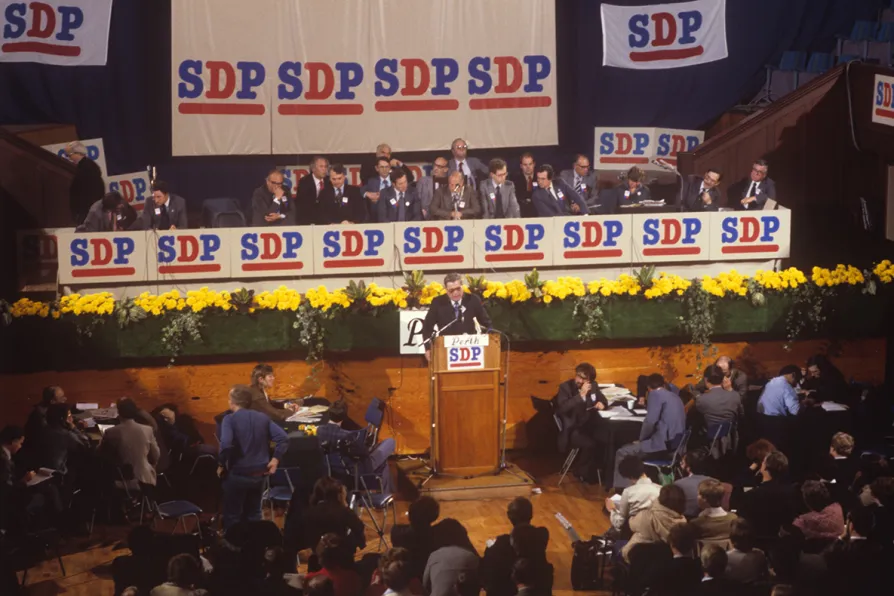Labour prospects in May elections may be irrevocably damaged by Birmingham Council’s costly refusal to settle the year-long dispute, warns STEVE WRIGHT

 The first Social Democratic Party conference at the City Hall Perth in October 1981
The first Social Democratic Party conference at the City Hall Perth in October 1981
KEIR STARMER has been active recently in defining what his project is. Luciana Berger, who quit Labour for the centrist Change UK party and then joined the Lib Dems has re-joined Labour — and others may follow.
Meanwhile, Starmer has been promoting his political missions, laid out in a speech and a New Statesman article. Although both were worthy enough in a general way, even the austere figure of Ed Balls noted that voters would want some more practical details about what Labour was actually going to do.
Starmer may be more popular than the Tories — but that popularity is lukewarm. A crowd chanted his name in central London recently at a protest against transphobia. “Oh, Jeremy Corbyn” chants were a familiar feature of the previous leader’s tenure. Unfortunately for Sir Keir, the recent chant was not a positive one.

Who you ask and how you ask matter, as does why you are asking — the history of opinion polls shows they are as much about creating opinions as they are about recording them, writes socialist historian KEITH FLETT

From Gaza complicity to welfare cuts chaos, Starmer’s baggage accumulates, and voters will indeed find ‘somewhere else’ to go — to the Greens, nationalists, Lib Dems, Reform UK or a new, working-class left party, writes NICK WRIGHT












